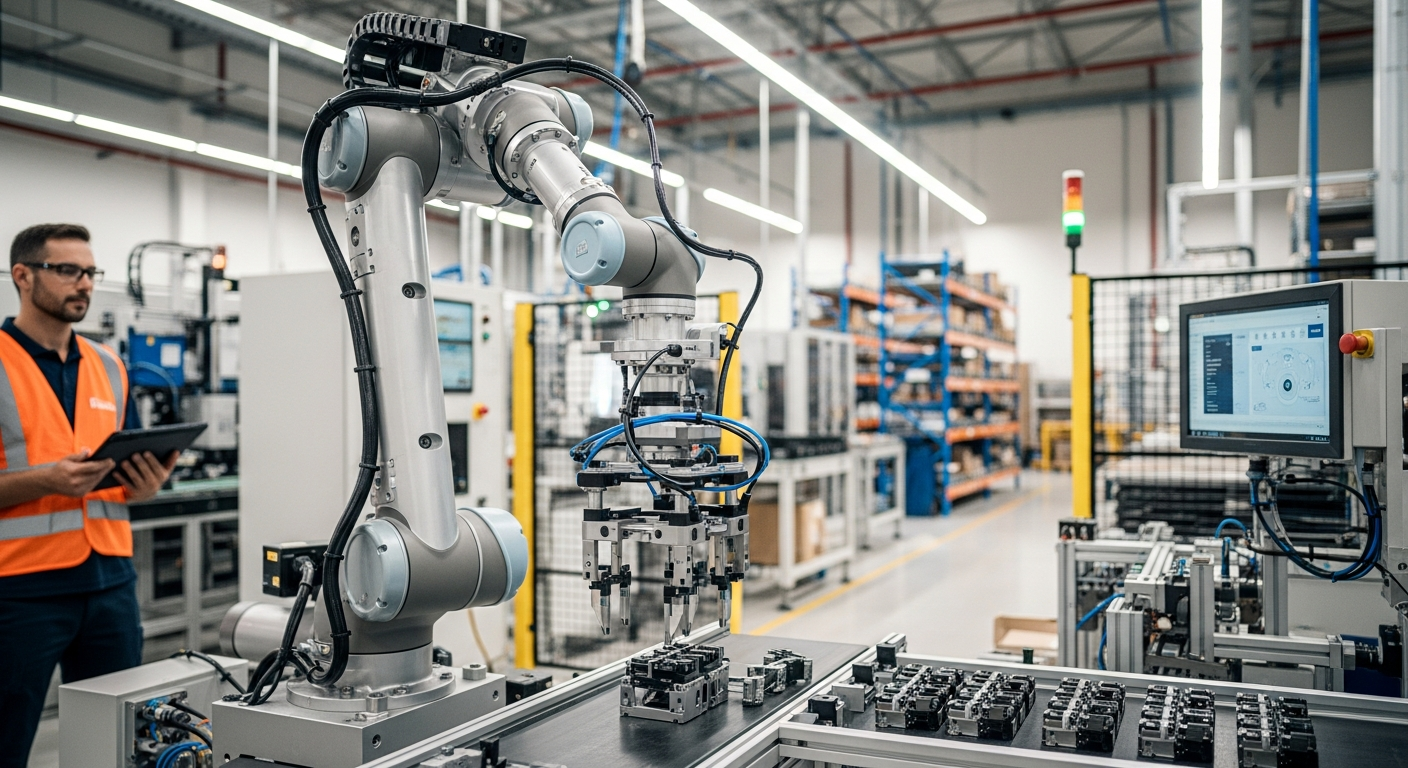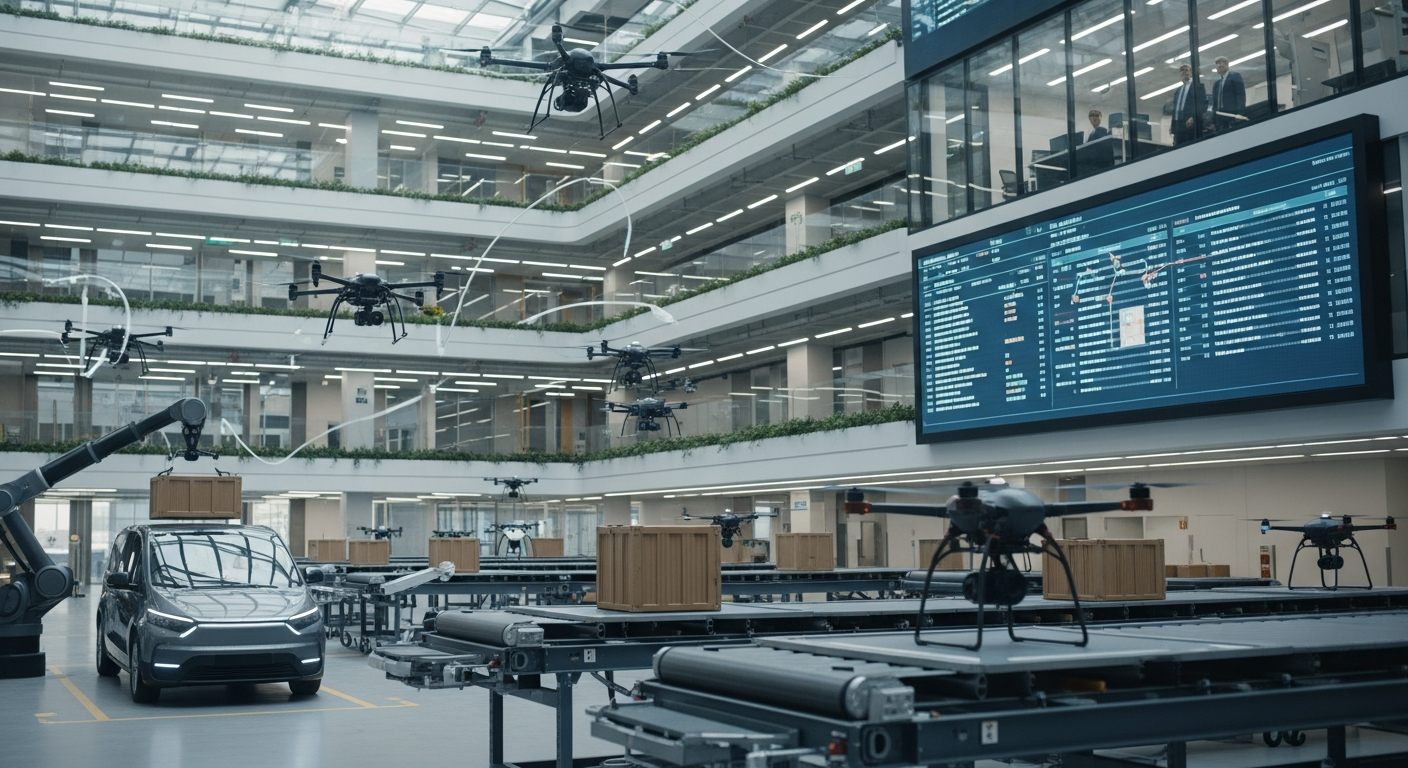Cultivating Career Resilience: Thriving in an Era of Constant Change
In today's rapidly evolving job market, the concept of career resilience has emerged as a crucial skill for professionals across industries. This article explores the multifaceted nature of career resilience, its growing importance, and practical strategies for developing this vital attribute in an era of constant change.

The Evolution of Career Resilience
The notion of career resilience has its roots in psychological studies of personal resilience, which gained traction in the mid-20th century. Initially focused on individuals’ ability to bounce back from trauma, the concept has since expanded to encompass professional contexts.
In the 1990s, researchers began examining how resilience applied to careers, particularly in light of increasing job instability and the shift away from lifelong employment with a single company. This early work laid the foundation for understanding career resilience as a set of skills and attitudes that enable individuals to adapt to changing work environments.
As the pace of change in the job market accelerated in the 21st century, career resilience evolved from a desirable trait to an essential survival skill. Today, it encompasses not only the ability to recover from setbacks but also the capacity to proactively anticipate and prepare for future challenges.
Key Components of Career Resilience
Career resilience is a multifaceted attribute comprising several interconnected elements:
-
Adaptability: The willingness and ability to adjust to new circumstances, learn new skills, and embrace change.
-
Self-awareness: A clear understanding of one’s strengths, weaknesses, values, and goals, enabling informed career decisions.
-
Networking: Building and maintaining a robust professional network that can provide support, opportunities, and insights.
-
Continuous learning: Committing to ongoing skill development and knowledge acquisition to remain relevant in a changing job market.
-
Emotional intelligence: The capacity to manage one’s emotions and navigate interpersonal relationships effectively.
-
Problem-solving skills: The ability to approach challenges creatively and find innovative solutions.
-
Growth mindset: Believing in one’s capacity for growth and viewing challenges as opportunities for learning and development.
Strategies for Developing Career Resilience
Cultivating career resilience is an ongoing process that requires intentional effort and practice. Here are some effective strategies for building this crucial skill set:
-
Embrace a learning orientation: Actively seek out opportunities to acquire new skills and knowledge, both within and outside your current field. This might involve taking online courses, attending workshops, or pursuing certifications.
-
Diversify your skill set: Develop a range of transferable skills that can be applied across different roles and industries. This approach, often referred to as T-shaped professionalism, combines depth in a specific area with breadth across related fields.
-
Build a robust professional network: Invest time in cultivating meaningful professional relationships. Attend industry events, participate in online forums, and engage in mentorship opportunities to expand your network.
-
Practice adaptability: Seek out projects or roles that push you out of your comfort zone. Volunteer for cross-functional teams or take on temporary assignments in different departments to broaden your experience.
-
Develop emotional intelligence: Work on understanding and managing your emotions, as well as recognizing and responding to the emotions of others. This skill is crucial for navigating workplace dynamics and building strong professional relationships.
The Role of Organizations in Fostering Career Resilience
While individual efforts are essential, organizations also play a crucial role in fostering career resilience among their employees. Forward-thinking companies are implementing strategies to support and develop resilience in their workforce:
-
Providing learning and development opportunities: Offering training programs, mentorship initiatives, and resources for skill development.
-
Encouraging internal mobility: Creating pathways for employees to explore different roles and departments within the organization.
-
Promoting a growth mindset culture: Fostering an environment that values learning, innovation, and continuous improvement.
-
Offering career coaching and support: Providing employees with access to career counseling and resources to help them navigate their professional journeys.
-
Implementing flexible work arrangements: Allowing employees to adapt their work schedules and environments to better balance personal and professional responsibilities.
Measuring and Assessing Career Resilience
As career resilience gains recognition as a critical professional attribute, researchers and organizations are developing tools to measure and assess this skill set. These assessments typically evaluate factors such as:
-
Adaptability to change
-
Capacity for continuous learning
-
Problem-solving abilities
-
Emotional intelligence
-
Network strength and diversity
-
Goal-setting and planning skills
By measuring career resilience, individuals can identify areas for improvement and track their progress over time. Organizations can use these assessments to tailor their support and development programs to address specific needs within their workforce.
The Future of Career Resilience
As the job market continues to evolve at an unprecedented pace, the importance of career resilience is likely to grow. Emerging trends that will shape the future of career resilience include:
-
Increased emphasis on soft skills: As automation and AI take over more routine tasks, uniquely human skills like creativity, emotional intelligence, and complex problem-solving will become even more valuable.
-
The rise of portfolio careers: More professionals are likely to pursue multiple income streams or concurrent roles, requiring greater adaptability and diverse skill sets.
-
Emphasis on personal branding: The ability to effectively communicate one’s value proposition and professional identity will become increasingly important in a competitive job market.
-
Integration of well-being and career development: Recognition of the link between personal well-being and professional resilience will lead to more holistic approaches to career development.
In conclusion, cultivating career resilience is no longer optional but essential for thriving in today’s dynamic job market. By developing adaptability, continuously learning, and building strong professional networks, individuals can position themselves to navigate career challenges with confidence and seize new opportunities as they arise. As organizations and educational institutions increasingly recognize the value of career resilience, we can expect to see more targeted efforts to develop this crucial skill set in the workforce of the future.






